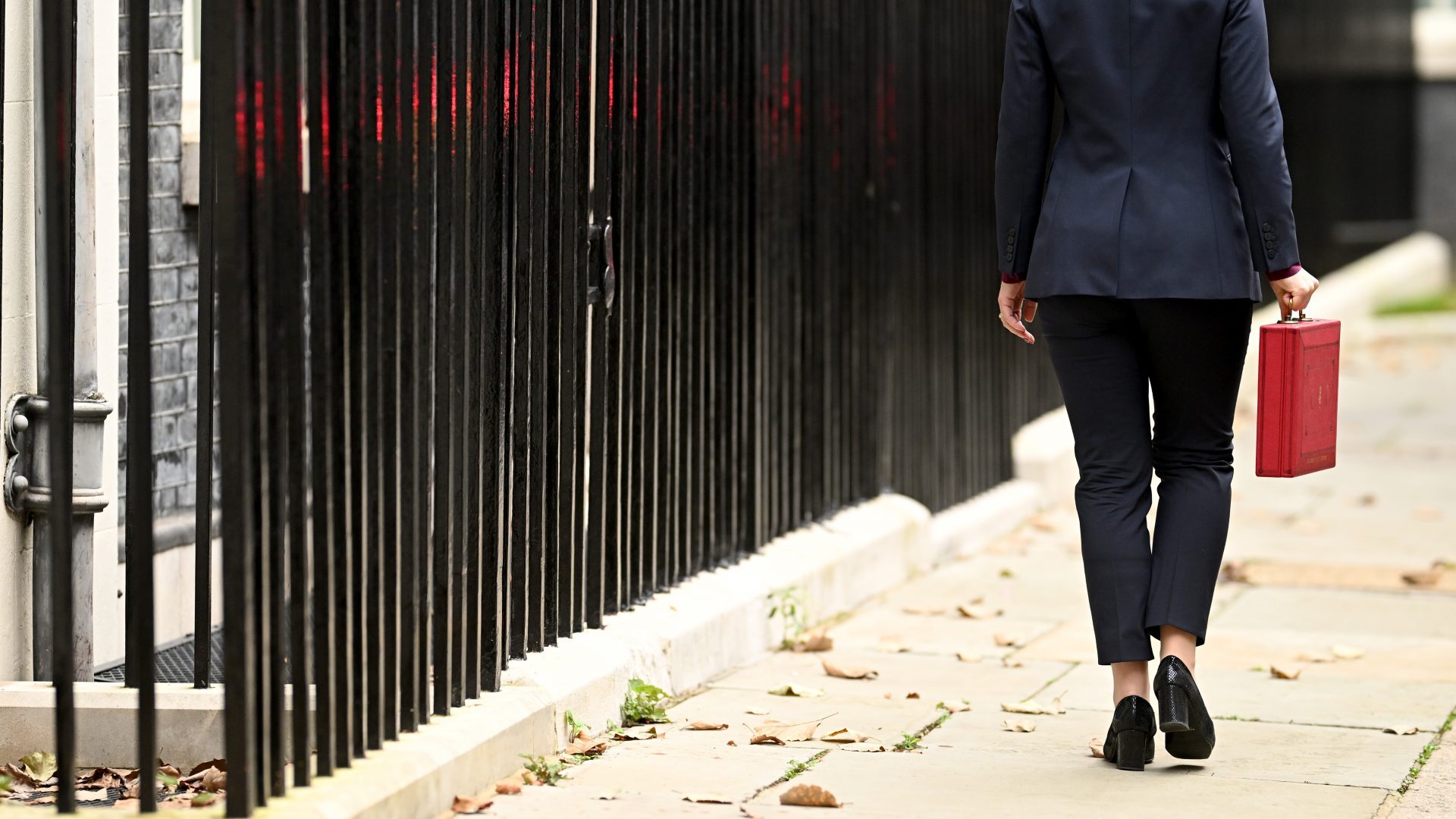When Rachel Reeves delivers her budget on November 26, everyone in Labour’s top echelon knows it is potentially a make-or-break moment. The party came to power on a promise to modernise the economy, boost growth and improve living standards. But growth is sluggish, the Whitehall machine resistant to change and high energy and food costs continue to erode support for all mainstream parties.
Added to that, the Office for Budget Responsibility is set to downgrade the UK’s past productivity performance. Though it seems arcane, this exercise in retrospective accounting offers Reeves a narrative lifeline for what she needs to do.
The gap in the public finances revealed as a result of the OBR move was created by economic underperformance during 14 years of Conservative rule, and has been made worse by Brexit. Reeves’s promise to avoid raising VAT, income tax and employee national insurance was premised on facts that no longer exist – and she can now legitimately change her mind.
Reeves has ruled out a return to austerity – where public spending cuts become a millstone for economic growth, creating a doom loop. In a recent Guardian article she wrote that “if productivity is the challenge, investment is the solution”.
But Reeves knows what the barriers to investment are: nightmare planning regulations that only grant planning permission to solar farms after years of objections from tiny local groups, only to be dragged into judicial review; the newt and bat objections she continually rails against; and local councils – including many Labour councils – with zero understanding of the 21st-century investment landscape.
As she braces for tough decisions, I expect one principle to shine through. In a resource-constrained environment, with the government shelling out £108bn a year in debt interest, she will protect and reward people who make their money from work.
It’s not a new theme for Reeves. Ten years ago she caused a storm by telling the Guardian: “We are not the party of people on benefits. We don’t want to be seen, and we’re not, the party to represent those who are out of work. Labour are a party of working people, formed for and by working people.”
I don’t expect her to repeat those sentiments today, above all because the lines between work and welfare are blurred: around 38% of people receiving Universal Credit are actually in work. But the principle is clear. If you reward work, you incentivise consumption, boost social mobility, revive communities and attract investment.
There’s a case study of this happening right now in Barrow-in-Furness where, thanks to a full order book and years of capacity-building by BAE Systems, the town is thriving and short of workers and space.
But if you reward workers, you have to decide who not to reward. Last month the Resolution Foundation proposed Reeves should hike income tax by 2p and cut national insurance by the same amount. It would leave workers unharmed but raise about £6bn a year from pensioners and landlords.
I hope she will go further. Because our stagnant economy, high inequality and blighted communities are underpinned by a single phenomenon: the proliferation of rent-seeking business models and their ability to stifle entrepreneurship and drain money from the productive economy.
Rent-seeking as an economic category means placing yourself, metaphorically, at the farm gate with a tin cup and demanding tribute both from the farmer and the customer for the privilege of buying and selling to each other.
That’s what Uber is. That’s what Deliveroo is. That’s how Amazon, creaming up to 15% off each transaction, makes its billions. The same principle lies behind incentivising people to build miniature buy-to-let empires while young professionals see more than half their wages consumed by rent.
The result? It is easier to become a Deliveroo rider than to become a welder. It is easier to open a chain of coffee shops than to open a factory. It is easier to recruit tens of thousands of foreign students and to house them in high-cost specialist apartments than to invest in housing for people who already live here.
Young people who could be earning £47k as a welder in a shipyard are earning peanuts zipping around on e-bikes because that’s what the tax and regulatory system incentivises.
So I hope Rachel Reeves will do two things in the coming budget: declare war on the rent seekers and war on the system of planning regulations that is stifling investment.
If she wants to convince a sceptical OBR that investment can boost growth, she should do what the Department of Health did to NHS England: abolish all redundant arms-length regulators and move their remaining functions into ministries whose leaders we get to vote for.
Natural England, Historic England, the Environment Agency, and all the other well-meaning but over-empowered quangos and NGOs who stand in the way of development should be slimmed down to their basic functions and subordinated to a single government ecologist, with the power to rule on all projects.
In an era of advancing climate chaos and the acute need to grow the economy, the existing carapace of obstacles to investment has to be blown away.
Finally, I hope Reeves will protect the welfare budget as it is, but fire the starting pistol on long-term change. While protesters chant “welfare not warfare”, the real choice is between welfare and healthcare, and indeed welfare and the wider economy that it relies on. In an ageing society plagued by a mental health crisis and the long-term effects of Covid-19, the proportion of GDP spent on welfare has to be finite.
There’s nothing “Tory” about saying that: it’s the basic social democratic principle Reeves was reaching for when she riled people in 2015.
Getting the Labour back benches, and indeed the wider Labour-voting public, to understand this is an unavoidable political task. In a low-growth economy with ballooning demands on health and social care, the strategic danger is that the non-work economy overwhelms the productive sector.
That’s what the high bond yield ultimately reflects, and making a clear choice in favour of those who work, invest, produce over those who don’t might seem harsh but it is the only rational signal Reeves can send.






